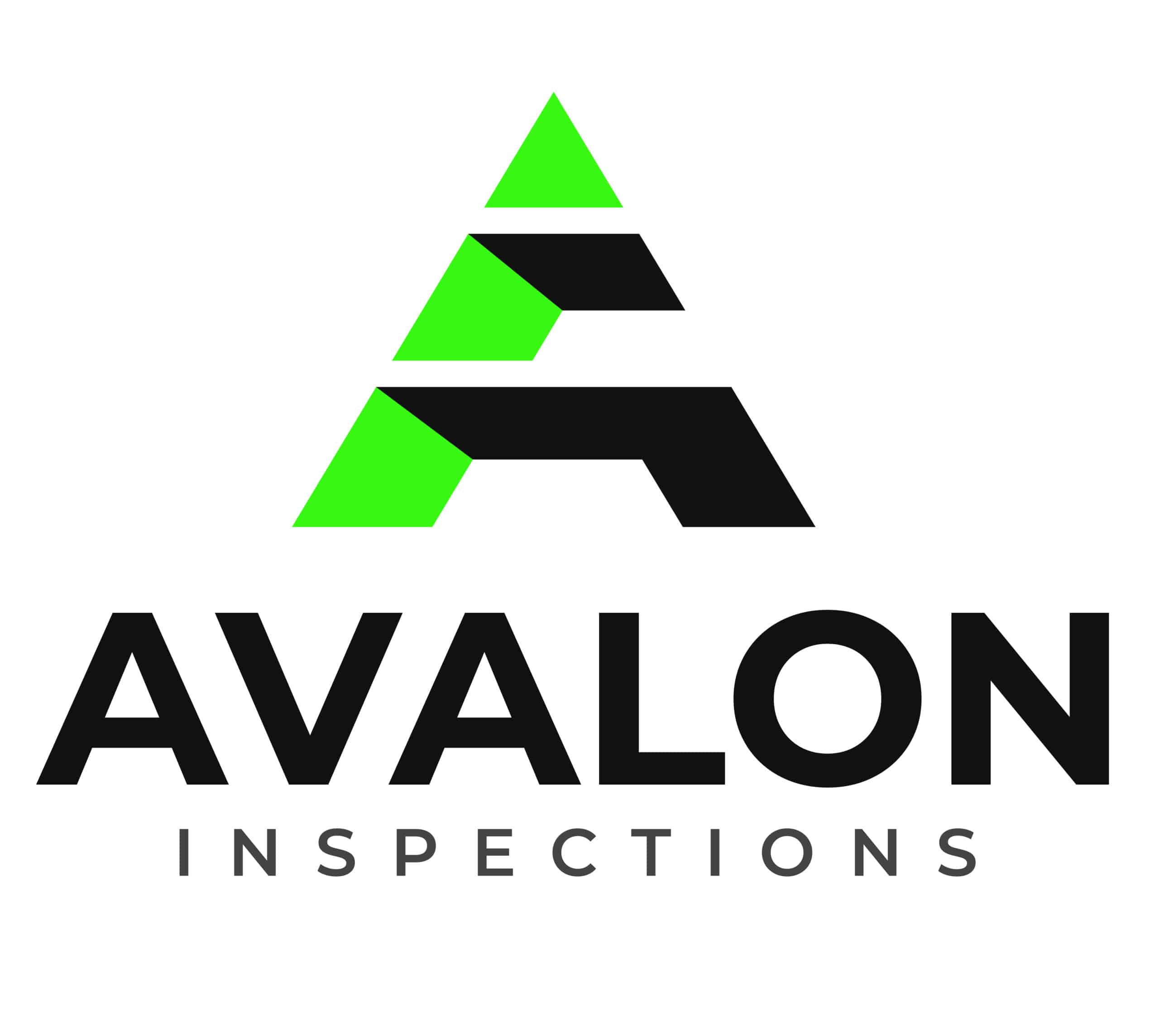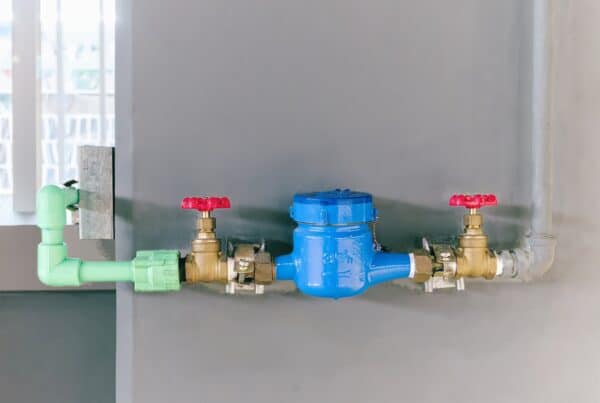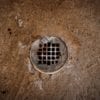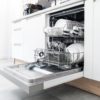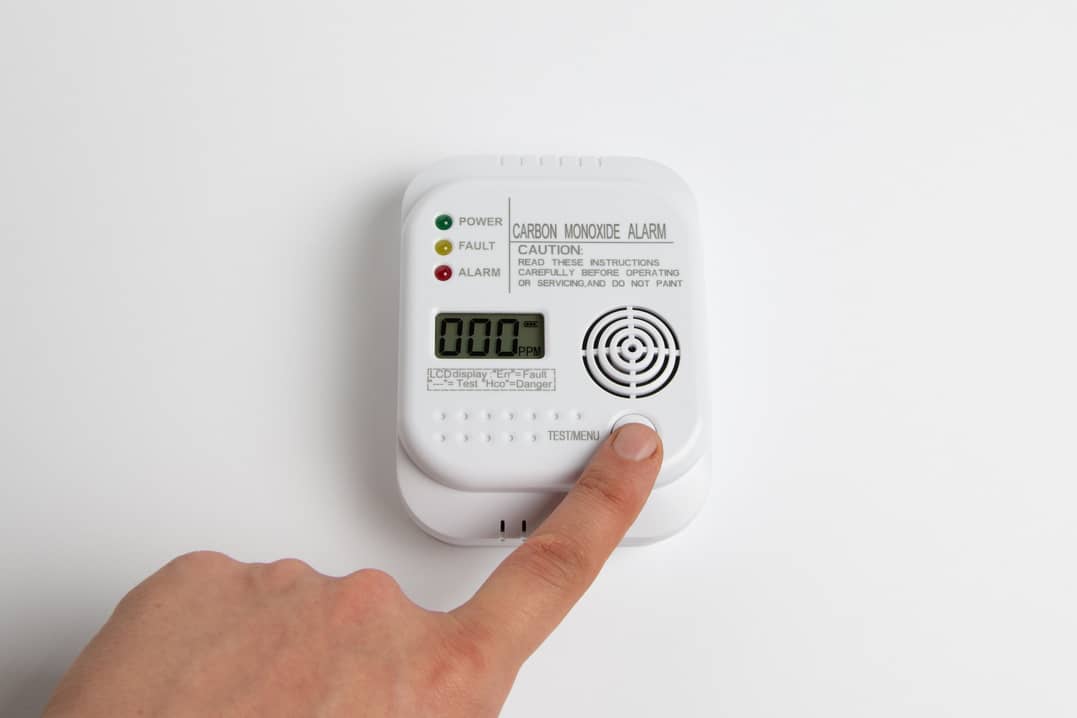
Believe it or not, many homes across the country use natural gas for various items in the home. It can be a cheaper solution to electricity in the home and is often more convenient. Also, you can use natural gas in the home during major storms that might otherwise knock out your electricity.
Anytime there are storms, people do worry about damage so one area to look at is your natural gas containers to make sure there are no leaks. Does a carbon monoxide detector detect natural gas? No, you should install a combination carbon monoxide detector and an explosive gas alarm.
Let’s take a look below at what natural gas is and how we use it so that you are familiar with where a leak might come from and how to detect a gas leak.
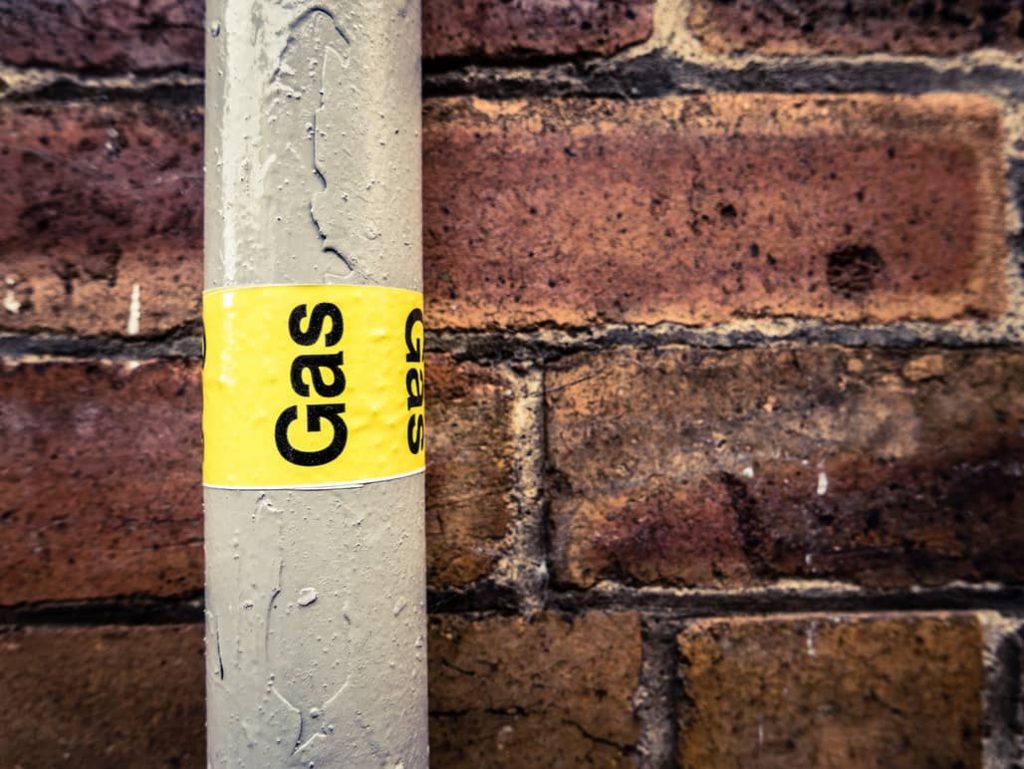
What Is Natural Gas
Natural gas is a fossil fuel energy source that comes from the Earth and consists of methane, non-hydrocarbon, and other natural gases. If a leak occurs in your gas line, you likely will hear a hissing sound or smell of rotten eggs. The gas companies add mercaptan so that this odorless gas will smell like sulfur or rotten eggs.
This is positive, as you should immediately have a warning from your sense of smell to shut the gas line off and get out of the home. Also, regular maintenance on your equipment is recommended for safety and health.
Why Would I Have Natural Gas In My Home
Typically, the use of natural gas on appliances for the home is safe and more efficient than electricity. Utilizing natural gas in your home for cooking, water heater, keeping your home powered when the power might go out, and clothes dryer are all energy-efficient and convenient ways to conduct business in your home. Additionally, your natural gas equipment must be maintained regularly to prevent leaks and health risks in your home.
What Can I Use To Detect Natural Gas
Making sure that you have safe levels of methane gas in your natural gas is vital to maintaining a combustion-free environment. In order to maintain safe levels of methane gas, you will want to install the right monitors in your home. Let’s review a variety of options for natural gas leak detectors.
- GASMAX CX Gas Monitor – this item is a single or dual channel gas monitor. Typically utilized in areas where gas readings must be reported in real-time.
- GASMAX II Gas Monitor – this item is a single or dual channel gas monitor that monitors any combination of one toxic and one combustible (bridge-type) sensor.
- GDS-50 Gas Sensor – this item is a DC-powered infrared gas sensor. It relates specifically to any toxic or combustible gas in Class I Div 1 hazardous areas.
- GDS-IR Gas Sensor – typically used in harsh environments and consists of an infrared gas sensor that is used to detect carbon dioxide or explosive levels of methane or propane.
- First Alert Combo Unit-this unit can be plugged into an AC outlet and will monitor both explosive gases and carbon monoxide gases. It contains a battery powered backup and is considered the most accurate monitor available to homeowners.
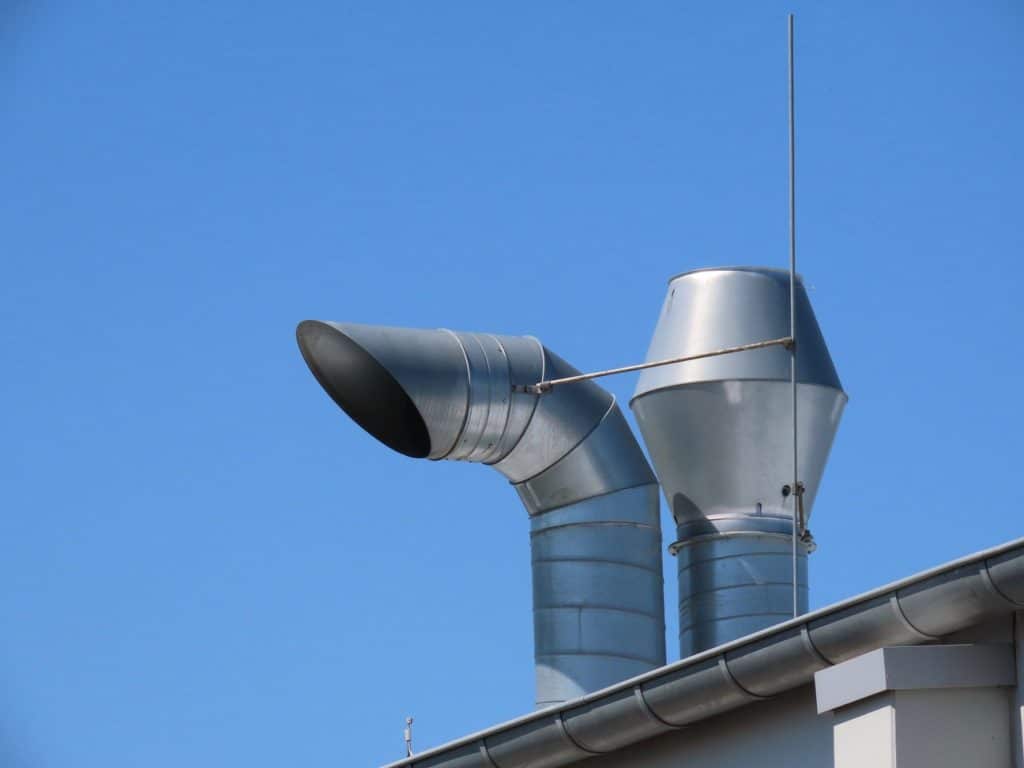
What Else Is Needed For Safety
Ensure that your home has fresh air intake vents. Without fresh air intake vents, your gas appliances will use the oxygen in the home and this could allow carbon monoxide and carbon dioxide to enter the home. Also, if this occurs, the air in your home can become very unhealthy and cause major issues, even death.
How Can I Tell I Might Have A Leak
The very first indicator for detecting a natural gas leak can be the very potent sulfur smell coming from the leak in your home. Let’s look at the other ways you can determine a leak and dangerous levels of gas.
- A hissing or whistling sound comes from the appliances or external pipes.
- Obvious damage to any of your gas line connections.
- House plants suddenly die, that are otherwise healthy and well maintained.
- Bubbles are seen at the leak spot or water that is a puddle around the home is cloudy, indicating a gas drip.
The main takeaway from detecting a leak is the effect on your health. Also, most homeowners can begin experiencing immediate changes to their health, and as natural gas levels increase the levels of oxygen in the home decrease.

Common Health-Related Symptoms
Here are the most common health-related symptoms associated with a natural gas leak.
- Ears begin ringing often
- Your nose starts to bleed more than usual
- You have constant headaches
- Mood changes and feelings of depression or irritability
- Asthma flare ups and other breathing difficulties
- Dizziness or lightheadedness
- Loss of appetite and constant nausea
- Your eyes and throat have irritations
If you experience any of these symptoms, immediately shut off the gas line, open the windows to circulate the air and call a professional.
How Much Do They Cost
Once you have detected a natural gas leak you will want to immediately address it. Call your local plumber or natural gas service company to inspect your natural gas detection system. Additionally, the leak detection inspection typically takes a plumber or service technician around 30 minutes to complete and can cost you around $75 to $150.
In some instances, more is required to test the equipment. Pressure testing takes a little longer as the plumber searches for a leak. Typically, this can run you about $500 for that portion of the services.
Other Recommended Maintenance
Some people think that by opening a window that they can stop carbon monoxide poisoning. However, that is not true and it takes opening several windows to circulate the air. Investing in detection devices is the way to go.
Another area to take a look at are your smoke alarms. If the smoke alarms are flashing red, often this is good on many models. However, if the chirping is every minute, then it is time to change the battery. It is important to maintain these detectors to keep you and your family safe.
Lastly, another area to have concern is radon. Many think that they don’t need to have a radon inspection if they don’t have a basement. Unfortunately, this is not true. Radon is present throughout the country and is higher in some areas than others.
When Do I Call A Professional
In this case, there are a few reasons why you must reach out to a professional.
- Your carbon monoxide device is malfunctioning and you need it checked or serviced.
- Installation is needed if you do not have a carbon monoxide or carbon monoxide natural gas combination detection device already in the home.
- Any of your natural gas appliances are malfunctioning. Also, if you happen to hear a hissing sound around the natural gas appliances or equipment.
- You believe there is a possible leak of natural gas coming into the home.
All of these are serious reasons for you to reach out to a professionally licensed plumber. He/she has experience working with natural gas appliances and natural gas lines. Also, in some cases, you will need a gas company service technician to assist with these projects.
Conclusion
Understanding what to do if you sense a leak of natural gas is vital in taking the next step. It is recommended that you call on your local home inspection team to conduct a yearly home inspection. At this time the home inspection team can inspect your natural gas equipment and recommend a reputable natural gas service technician.
This will allow you to verify that the equipment is in good standing and needs no repairs. Reach out to Avalon Home Inspections, we conduct home inspections in Greenville, SC, and Atlanta, GA.
